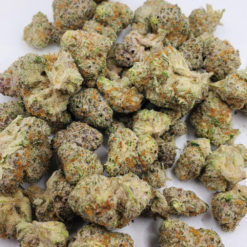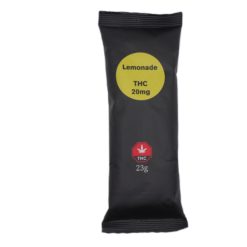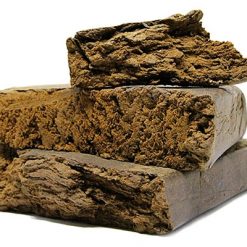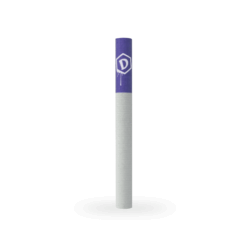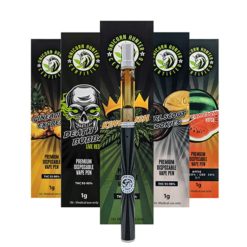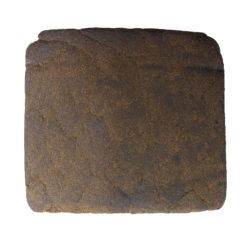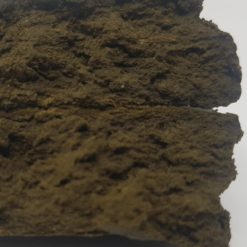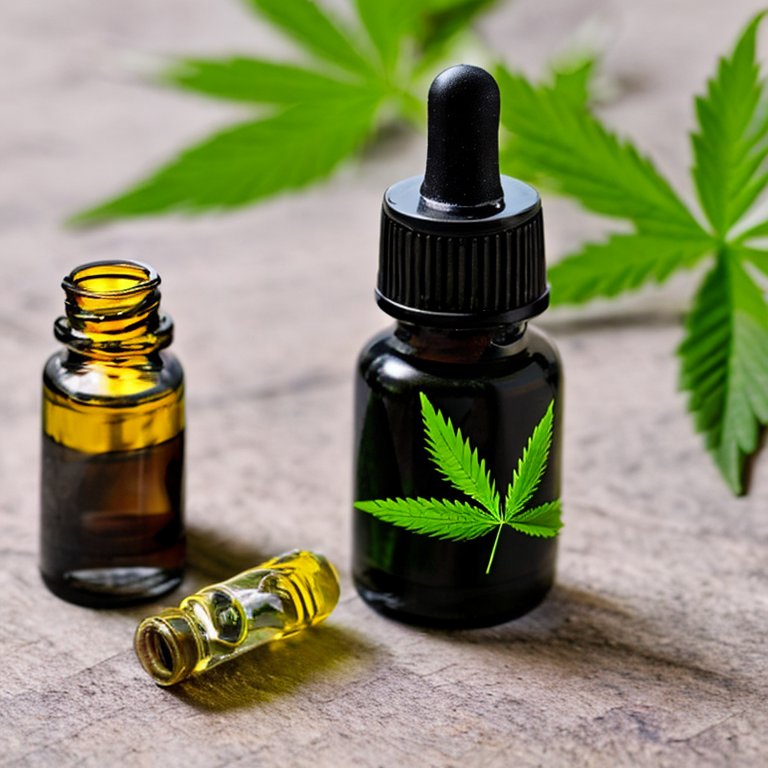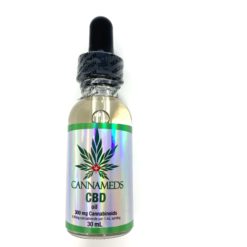CBD (cannabidiol) oil is a type of oil made from the extract of the hemp plant, which belongs to the cannabis family. Unlike THC (tetrahydrocannabinol), the other well-known compound found in the cannabis plant, CBD is non-psychoactive and doesn’t produce the “high” typically associated with cannabis use. CBD oil is typically used for its potential therapeutic benefits.
Therapeutic uses of CBD oil:
Pain relief: CBD oil has been shown to help reduce pain in people with chronic conditions such as arthritis, multiple sclerosis, and chronic pain.
Anxiety and depression: CBD oil has been found to have a calming effect on the mind, which can help alleviate symptoms of anxiety and depression.
Epilepsy: CBD oil has been approved by the FDA for use in treating epilepsy.
Insomnia: CBD oil may help promote better sleep and improve sleep quality.
Neuroprotection: CBD oil has been found to have antioxidant and anti-inflammatory properties, which may help protect the brain and nervous system.
Recreational users of CBD oil:
Some people use CBD oil recreationally to help promote relaxation and reduce stress.
CBD oil is also used by some people as a substitute for THC-containing cannabis products, as it doesn’t produce the same psychoactive effects.
CBD oil can be used in a variety of ways, including:
- Ingestion: CBD oil can be ingested directly, either by placing drops under the tongue or by mixing it with food or drinks.
- Topical application: CBD oil can be applied topically to the skin for localized pain relief.
- Inhalation: CBD oil can be inhaled using a vaporizer or e-cigarette device.
It’s important to note that the use of CBD oil is still somewhat controversial and more research is needed to fully understand its potential benefits and risks. It’s always best to consult with a healthcare professional before using CBD oil, especially if you’re taking other medications or have underlying health conditions.
